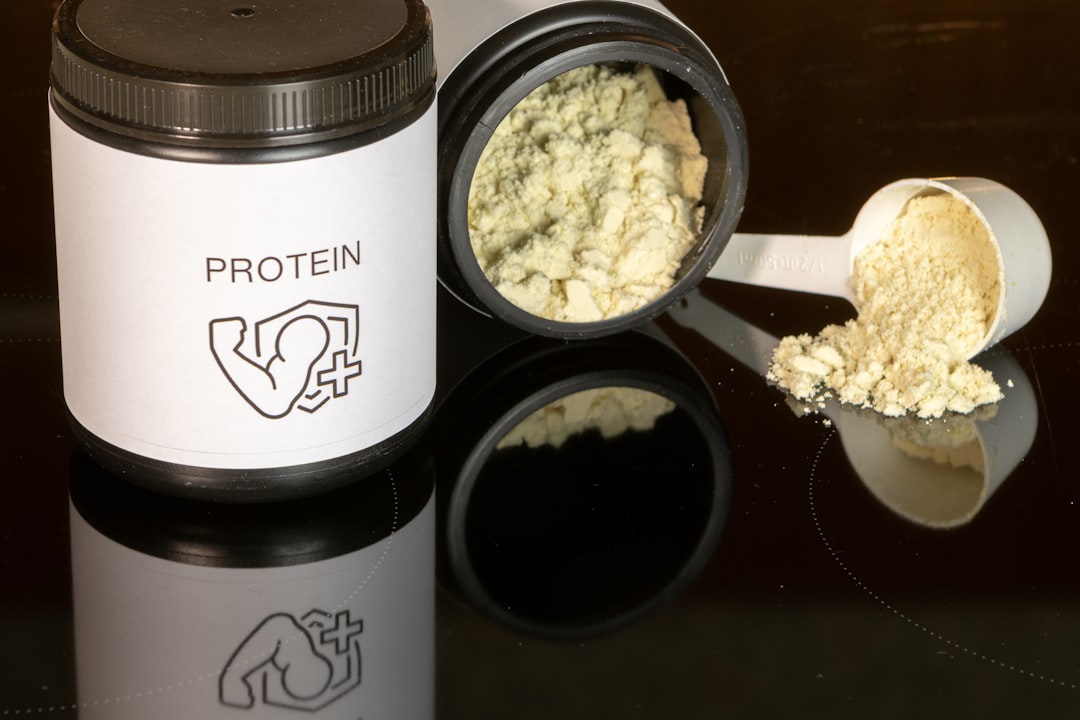At QuickAdvisr, we bring you expert insights. Protein is essential for building muscle, repairing tissues, and supporting overall health. But did you know that a lack of protein can show up in ways you might not expect? In this article, we’ll explore 4 unexpected signs you’re not getting enough protein (and easy fixes) to help you feel your best.
QuickAdvisr Guide: Why Protein Matters

Protein is a macronutrient that plays a crucial role in almost every bodily function. It’s made up of amino acids, which are the building blocks of life. Without enough protein, your body can’t repair cells, produce enzymes, or maintain healthy skin, hair, and nails. Here’s a quick look at the benefits of protein:
| Benefit | Description |
|---|---|
| Muscle Growth | Helps repair and build muscle tissue, especially after exercise. |
| Immune Support | Produces antibodies that fight infections and illnesses. |
| Energy Boost | Provides sustained energy by stabilizing blood sugar levels. |
| Hormone Balance | Helps regulate hormones that control appetite, mood, and metabolism. |
4 Unexpected Signs of Protein Deficiency

While fatigue and muscle weakness are common signs of low protein, there are other, less obvious symptoms to watch for. Here are 4 unexpected signs you’re not getting enough protein (and easy fixes):
1. Constant Cravings
If you’re always craving sugary or carb-heavy snacks, it could be a sign your body is lacking protein. Protein helps regulate blood sugar levels, keeping cravings at bay. Without it, your body may seek quick energy from unhealthy sources.
2. Brittle Hair and Nails
Protein is essential for healthy hair and nails. If you notice your hair is thinning, breaking, or losing its shine, or your nails are weak and peeling, it might be time to up your protein intake.
3. Frequent Illness
Protein is vital for a strong immune system. If you’re catching colds or infections more often than usual, it could be a sign your body isn’t getting enough protein to produce immune-boosting antibodies.
4. Brain Fog
Feeling forgetful or unable to focus? Protein is necessary for producing neurotransmitters that support brain function. A lack of protein can lead to mental fatigue and difficulty concentrating.
Easy Fixes to Boost Your Protein Intake
If you’ve identified with any of the signs above, don’t worry—there are simple ways to increase your protein intake. Here are 4 easy fixes to help you get back on track:
- Add Protein to Every Meal: Include a protein source like eggs, Greek yogurt, or lean meat in every meal to ensure you’re meeting your daily needs.
- Snack Smart: Opt for protein-rich snacks like nuts, cheese, or hummus instead of sugary treats.
- Try Protein Supplements: Protein powders or bars can be a convenient way to boost your intake, especially for busy lifestyles.
- Experiment with Plant-Based Options: If you’re vegetarian or vegan, incorporate protein-rich foods like lentils, tofu, quinoa, and chickpeas into your diet.
How Much Protein Do You Really Need?
The amount of protein you need depends on factors like age, gender, activity level, and health goals. Here’s a quick guide:
| Group | Daily Protein Requirement |
|---|---|
| Adults (Sedentary) | 0.8 grams per kilogram of body weight |
| Adults (Active) | 1.2–1.7 grams per kilogram of body weight |
| Older Adults | 1.0–1.2 grams per kilogram of body weight |
| Athletes | 1.6–2.2 grams per kilogram of body weight |
“Protein is not just about muscles—it’s about overall health. Ensuring you get enough can improve everything from your energy levels to your immune system.”
Final Thoughts
Protein is a cornerstone of good health, and recognizing the signs of deficiency is the first step toward feeling better. By paying attention to these 4 unexpected signs you’re not getting enough protein (and easy fixes), you can take simple steps to improve your diet and overall well-being. Start incorporating more protein-rich foods into your meals today, and you’ll likely notice a positive difference in how you look and feel.
📌 Related reading: 7 High-Protein Snacks Under 75 Calories to Curb Hunger Between Meals
📌 Learn more at QuickAdvisr.













